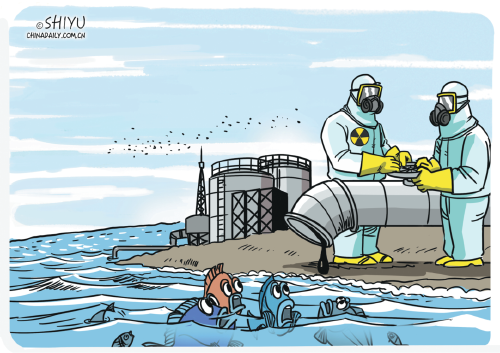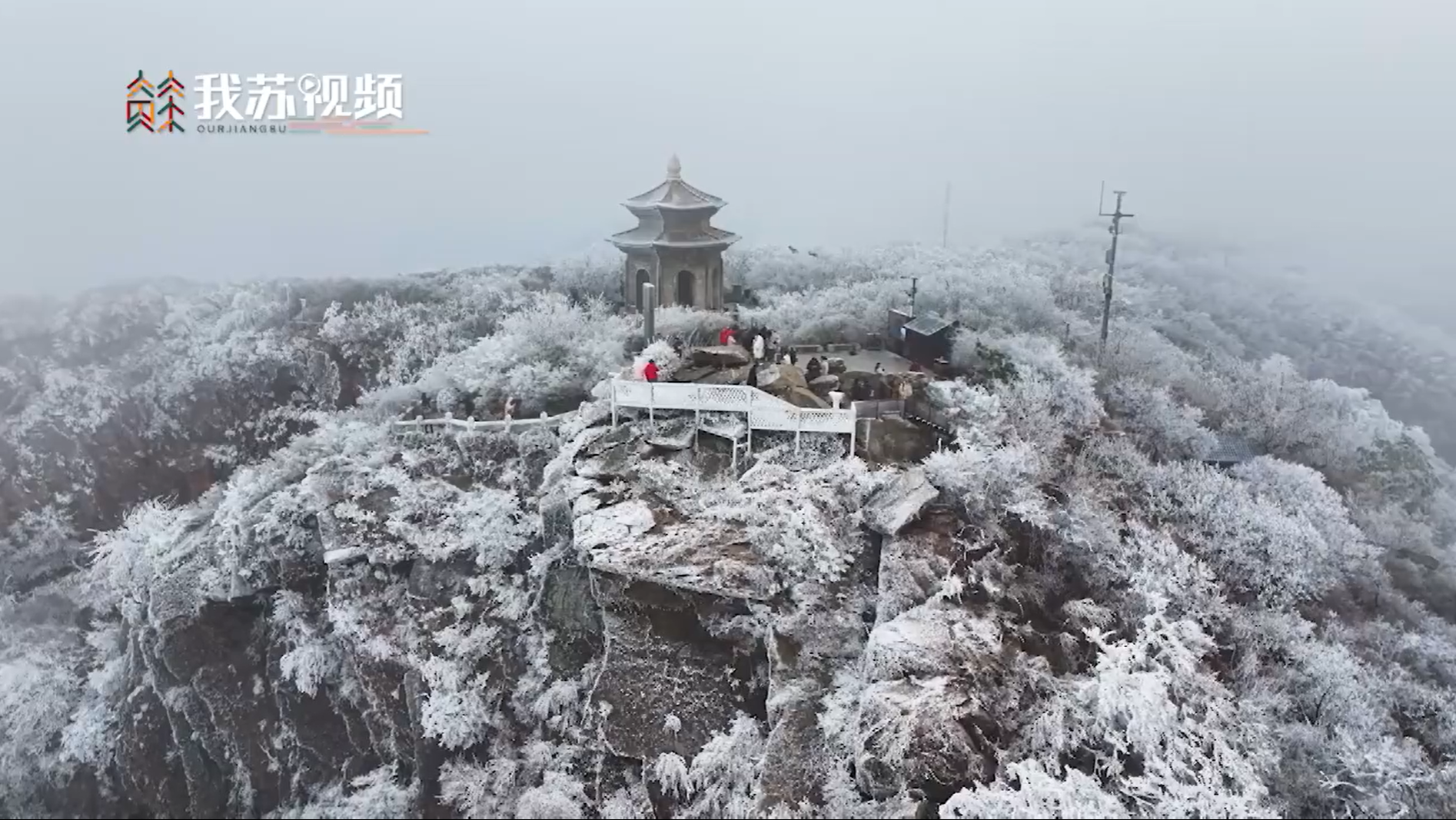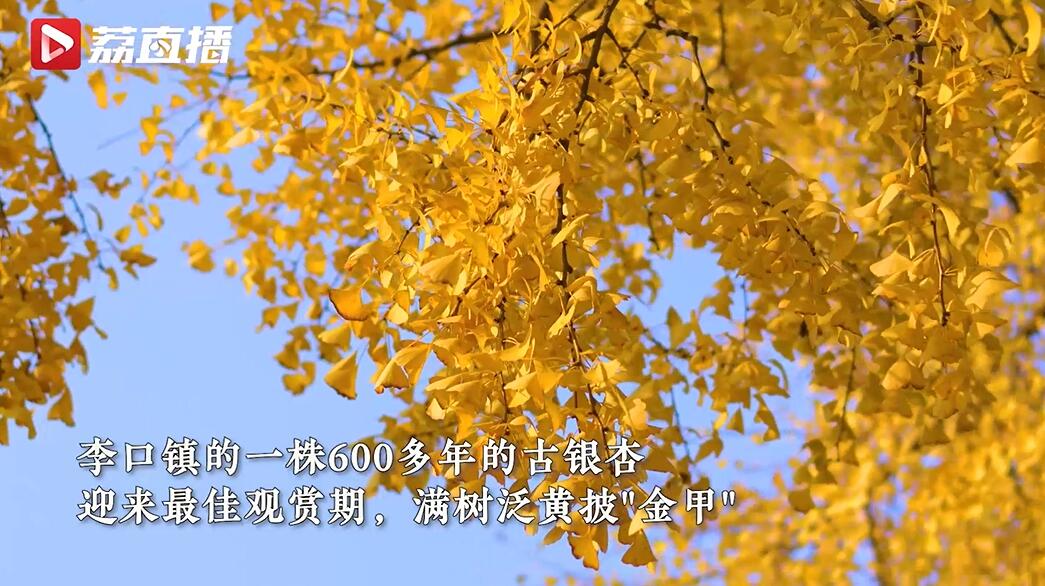
The earthquake-triggered tsunami in March 2011 caused one of the worst nuclear accidents in the world — the destruction of Japan's Fukushima Daiichi Nuclear Power Station.
A year later, the National Diet of Japan Fukushima Nuclear Accident Independent Investigation Commission found that it "was a profoundly man-made disaster" and the causes of the accident were foreseeable but the Tokyo Electric Power Company, the plant operator, didn't take measures to meet the basic safety requirements. The investigation commission also said the TEPCO had a history of integrity issues, and has been plagued with innumerable problems since the accident in 2011.
In the 12 years since the accident, the Japanese government has done little to deal with the serious issue. Instead, it has decided to discharge the nuclear-contaminated water into the sea, disregarding the huge damage it would cause to the marine environment and peoples' health. This is nothing but shirking responsibility in as serious an issue as nuclear contamination.
By releasing the radioactive water into the sea, Japan is trying to transfer the safety risk to the rest of the world. It plans to first discharge more than 1 million cubic meters of the nuclear-contaminated water — claiming it is safe after being treated through the Advanced Liquid Processing System — and continue doing so for the next three decades.
An early study by the International Atomic Energy Agency showed that discharging the radioactive water into the sea and simply waiting until it has evaporated are both feasible options, but the second option will have less impact on the marine environment and neighboring countries.
However, Japan has chosen to discharge the radioactive water due to economic concerns and did not discuss other options with the IAEA. As for the TEPCO, it has said tanks containing nuclear-contaminated water need to be removed because they take too much space, which is an excuse because the company has a huge site where it can install additional tanks.
Japan cannot shirk its responsibility by claiming that the ALPS is a foolproof system, because its reliability has not been proved in real life practice. The radioactive water from Fukushima contains large amounts of radionuclides, salt and organic matter, which no country has dealt with on such a large scale.
If discharged into the sea, the nuclear-contaminated water will increase the amount of radionuclides in the oceans, creating additional risks for the marine environment and ecology, and human health. Therefore, the Japanese government should try its best to solve the problem in a way that doesn't affect neighboring and other countries and without transferring the risk to the oceans and the rest of the world.
According to a TEPCO report, as of June 2022, even after being treated by the ALPS, 70 percent of the nuclear-contaminated water still exceeded the limit set by Japan itself. And the IAEA's 2022 Information Circular to Japan noted that adsorbent materials integral to the ALPS treatment process are consumables that decrease in efficacy over time. But the TEPCO had decided before May 2019 to temporarily reduce the frequency with which it replaced adsorbent materials in the ALPS adsorption towers.
Besides, it has not been proved that the replacement of adsorbent materials on a large scale can actually reduce the concentration of radionuclides other than tritium below the regulatory levels. The reliability and effectiveness of the ALPS are questionable also because the TEPCO does not detail the ALPS' operation or allow other stakeholders to monitor the process.
The amount and intensity of the radionuclides that will be discharged with the radioactive water and the discharge methods will have different impacts on the marine environment and ecology. So Japan needs to provide in detail the intensity of the radionuclides other than tritium before making a final decision on its discharge plan.
In addition to tritium, many other radionuclides, including iodine-129 whose half-life is about tens of thousands of years, will be released with the radioactive water into the sea. The radioactive water, if not properly treated using advanced technologies and following reliable measures, will have unpredictable, long-term impacts on the marine environment and human health.
In fact, the IAEA has emphasized that Japan communicate with neighboring countries, which Japan has not done, except for informing them about its plan.
If Japan releases the nuclear-contaminated water into the sea, it should be strictly monitored to ensure it meets the set standards, because the accuracy and authenticity of the standards are important to the marine environment and human health. As such, the international community, not the Japanese government and the TEPCO, should monitor the discharge process.
Authoritative monitoring depends on two factors: that the test samples reflect the true and overall impact and concentration of radionuclides; and that testing facilities accurately monitor the radionuclides.
It is imperative therefore that international institutions monitor Japan's discharge process, independently collect samples and invite other countries, especially neighboring countries, to help improve the transparency and reliability of the monitoring process.
Japan has signed international treaties including the United Nations Convention on the Law of the Sea and the Convention on the Prevention of Marine Pollution by Dumping of Wastes and Other Matter, which have strict rules on dumping waste into the sea. Hence, it should fulfill the requirements and obligations of those treaties.
The author is a researcher at the Nuclear and Radiation Safety Center of the Ministry of Ecology and Environment. The views don't necessarily reflect those of China Daily.





